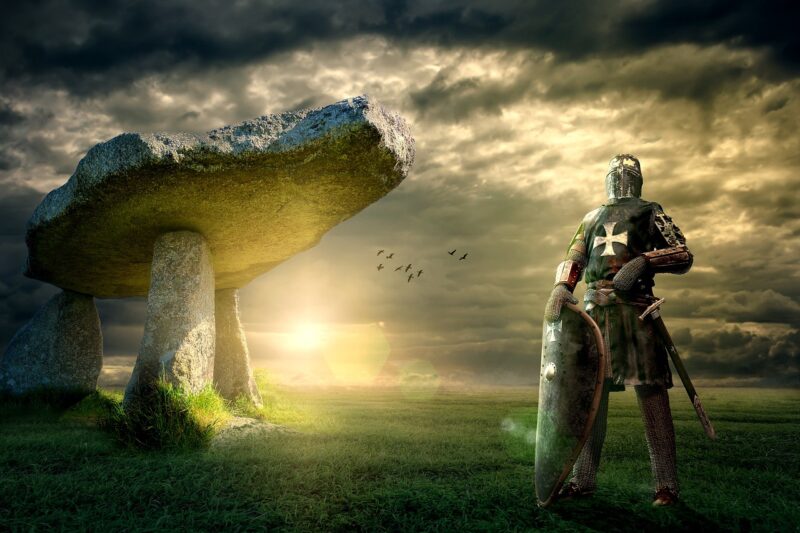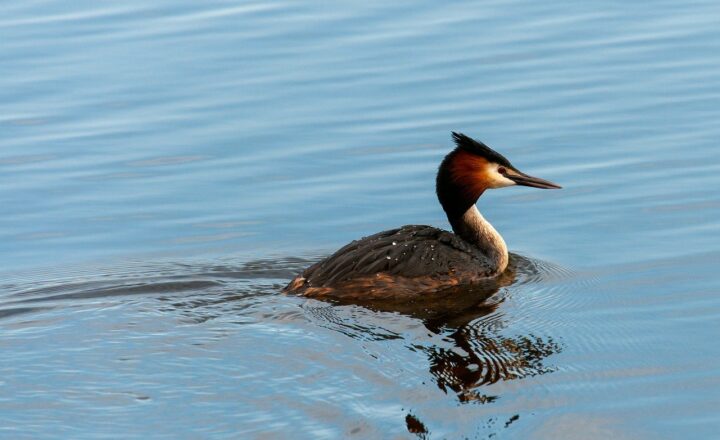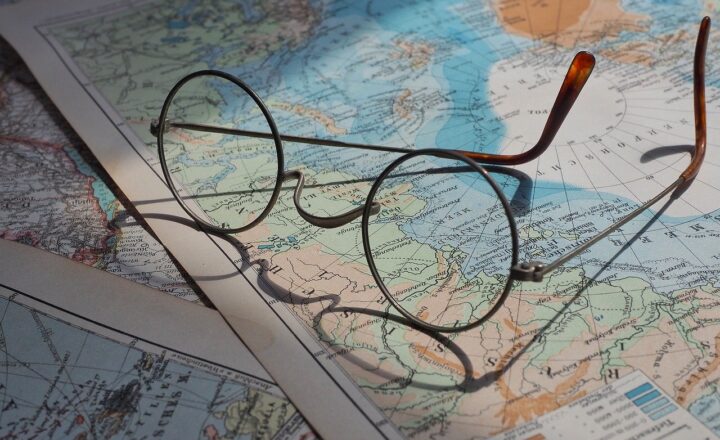
The ocean has been a source of inspiration for creativity, adventure, and mystery throughout human history. Ancient cultures devised captivating myths to explain phenomena that they could not yet understand, often placing gods, mythical creatures, and legendary heroes in dramatic contexts. This article explores ten of the most famous ancient ocean myths from across the globe, where the waves whisper secrets of human imagination.
1. The Kraken: Terror of the Northern Seas
The Kraken is perhaps one of the most legendary sea monsters in Scandinavian folklore, often depicted as a colossal octopus or squid lurking off the coasts of Norway and Greenland. Sailors spoke of this terrifying creature, claiming it could drag entire ships under the waves with its monstrous tentacles.
The myth likely stemmed from sailors’ encounters with giant squids, which could grow up to 43 feet long. Early accounts of the Kraken date back to the 12th century, with tales describing how this beast would surface, causing panic among sailors before disappearing into the depths.
The Kraken embodies the fear of the unknown, reminding us of the ocean’s unfathomable depths and the secrets it hides.
2. Poseidon: The God of the Sea
In Greek mythology, Poseidon reigned over the oceans, wielding his mighty trident to control the waves and storms. Often depicted as a bearded man with a majestic aura, Poseidon was revered and feared by sailors and fishermen alike.
His temper could be destructive—rumored to bring storms to vessels that offended him. Yet, he also bestowed protection upon those who honored him. The famous myth of Poseidon’s contest with Athena to determine who would name the city of Athens showcases the dual nature of this god, reflecting human conflicts and competition for supremacy in ancient Greece.
3. Yemaya: The African Sea Goddess
Originating from the Yoruba religion in West Africa and widely worshiped in Santería, Yemaya is the goddess of the sea and motherhood. Often depicted as a beautiful woman emerging from the ocean waves, she is protector of the waters and all who inhabit them.
In many stories, Yemaya is known for her healing properties, providing comfort and safety to her devotees. She resonates strongly with themes of fertility and protection, often portrayed as taking care of fishermen and granting them safe voyages.
4. The Leviathan: The Biblical Behemoth
The Leviathan is a creature mentioned in the Bible, described as a colossal sea monster with formidable power. In Jewish tradition, the Leviathan is often associated with chaos and evil, existing initially as a threat to God’s creation. Biblical texts such as Job 41 showcase this creature’s immense strength and fearsome nature, representing humanity’s struggle against the elements.
Despite its imposing image as a monster, the Leviathan has also been interpreted as a symbol of God’s ultimate power and control over creation, asserting dominance over chaos.
5. Selkies: The Enigmatic Seal People
Scottish and Irish folklore tell the enchanting tale of the Selkies—mythical beings capable of transforming from seals into beautiful humans. When donning their seal skin, they dwell in the ocean, but on land, they experience vulnerability and a desire for connection with humans.
The stories often revolve around a human’s romantic entanglements with these dual-natured beings, highlighting themes of love, loss, and longing. Some tales warn of the tragic consequences resulting from exploiting their trust, reflecting the complexity of human relationships with nature and the sea.
6. Kanaloa: Hawaiian God of the Ocean
In Hawaiian mythology, Kanaloa stands as a significant ocean deity alongside the more recognized god, Kū. Revered as the god of the ocean, Kanaloa embodies the mysteries of the deep and is associated with navigation and the abundant life it offers.
He is known to guide travelers at sea while commanding powerful ocean forces—reflecting Polynesian respect for the ocean’s might and life-giving properties. As a representation of the ocean’s dual nature, Kanaloa brings forth both serenity and storms, serving as a reminder of nature’s unpredictable character.
7. Triton: The Messenger of the Sea
Greek mythology introduced Triton as Poseidon’s son, depicted as a merman who ruled over marine creatures. Armed with a conch shell trumpet, Triton had the power to calm or stir the waves at will. Often regarded as a messenger of the sea, he embodies the ocean’s duality through occasional narratives of kindness and malevolence.
In many legends, Triton is celebrated as a helper and protector of sailors, reflecting the ancient maritime world’s reliance on divine favor for safe voyages.
8. The Mokele-Mbembe: The River Monster of Congo
Deep in the rivers of the Congo Basin, tales of a mysterious creature called Mokele-Mbembe have echoed through generations. Described as a large, dinosaur-like beast with a long neck and tail, its existence has been a topic of intrigue and debate among cryptozoologists.
This elusive creature has come to symbolize the unknown and unexplored territories of the vast African river systems. Local tribes often depict the Mokele-Mbembe as a protector of the waters, embodying the pride and resilience of those who dwell in the region’s intricate waterways.
9. Njord: Norse God of Wind and Sea
Njord, from Norse mythology, is often associated with the sea and its navigational aspects. Revered as the god of wind and sea, Njord was believed to govern favorable winds for voyaging and provide rich fishing grounds.
He embodies the symbiotic relationship between humans and the ocean, offering blessings for bountiful catches while also serving as a reminder of nature’s unpredictability and fragility. His stories serve to remind us of the fidelity between humanity and the sea, where respect and admiration yield rewards.
10. Amaterasu: The Goddess of the Sun and Ocean in Japanese Mythology
Amaterasu is a prominent figure in Japanese mythology, often known as the goddess of the sun; however, she also has deep ties to the ocean. According to ancient tales, her light nurtures the seas, promoting life and prosperity.
As a goddess whose actions impact both land and sea, Amaterasu highlights the interconnectedness of the natural world, emphasizing the need for balance and respect amid humanity’s pursuit of progress.
Conclusion
The vastness of the ocean has inspired countless myths that delve into the depths of human imagination and experience. These stories encapsulate fears, hopes, and the confrontation of the unknown. As we sail into the future, these ocean myths remind us of our continuing relationship with the sea, urging us to respect its power and mysteries, embodying not only humanity’s fears but also its aspirations and reverence for nature’s wonders.







